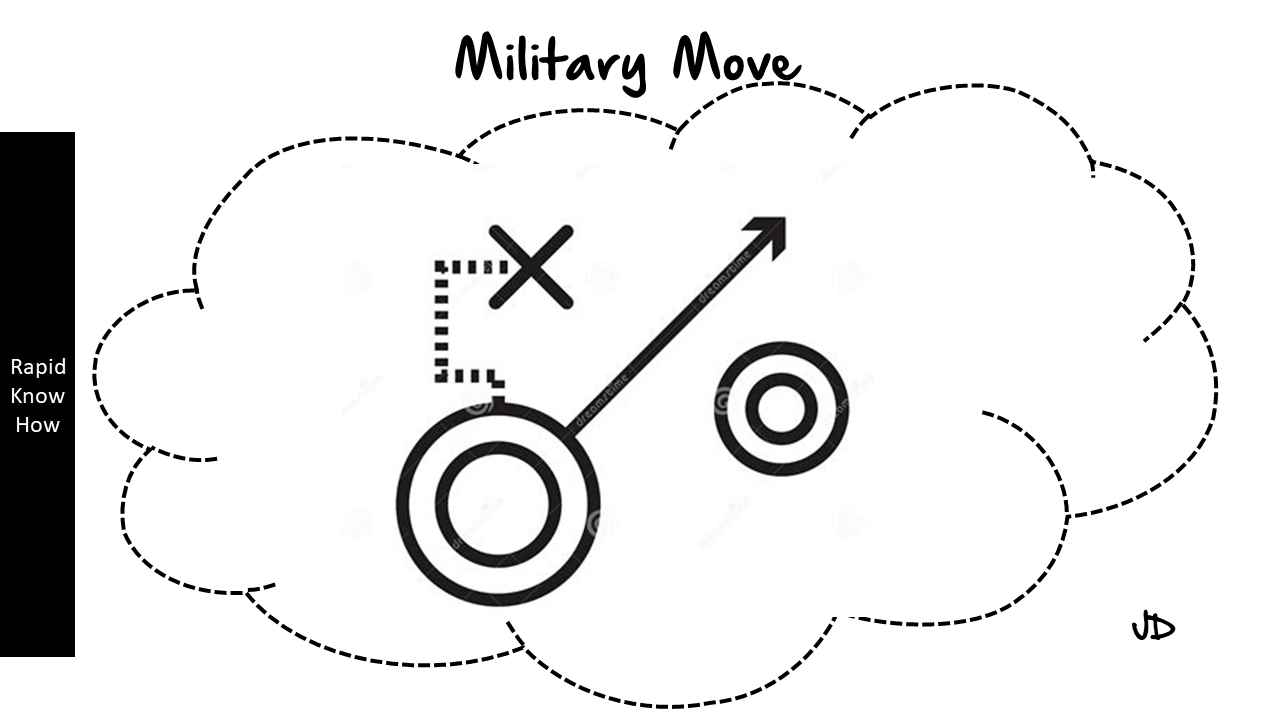Objective Military System:
Napoleon Bonaparte, one of the most celebrated military leaders in history, had a unique and effective military system. His system was based on the principles of flexibility, speed, and surprise. He believed in the concept of ‘divisional organisation’, which allowed him to divide his army into smaller, self-sufficient units that could operate independently if necessary. This gave him a significant advantage in terms of mobility and adaptability on the battlefield.
Napoleon’s military system also included a comprehensive training programme for his soldiers. He understood that an army’s strength lay not just in its numbers, but also in the skill and discipline of its soldiers. Therefore, he invested heavily in training his troops, ensuring they were well-versed in various combat techniques and strategies.
Military Battles:
Napoleon’s military system was put to the test in numerous battles throughout his career. One of his most notable victories was the Battle of Austerlitz in 1805, where he defeated a larger Russo-Austrian army by cleverly manipulating their movements and exploiting their weaknesses.
In this battle, Napoleon demonstrated his mastery of ‘manoeuvre warfare’, a strategy that involves moving troops and resources to advantageous positions to surprise and overwhelm the enemy. He also used ‘feigned retreats’ to lure his enemies into traps, demonstrating his ability to think several steps ahead of his opponents.
Another significant battle was the Battle of Jena-Auerstedt in 1806, where Napoleon’s forces defeated the Prussian army. In this battle, Napoleon used his ‘corps system’ to great effect, dividing his army into separate corps that could operate independently and support each other when necessary.
Success Rate:
Napoleon’s military system proved highly successful during his reign. He won numerous battles against various European powers, expanding French territory and influence across Europe. His success rate was so high that it led to a period known as the ‘Napoleonic Wars’, which lasted from 1803 to 1815.
However, it’s important to note that Napoleon’s military system was not infallible. His disastrous invasion of Russia in 1812, where he lost a significant portion of his army due to harsh winter conditions and logistical issues, demonstrated the limitations of his system. Similarly, his defeat at the Battle of Waterloo in 1815 marked the end of his military career and his reign as Emperor of France.
In conclusion, Napoleon Bonaparte’s military system was innovative and effective for its time. It allowed him to win numerous battles and expand French influence across Europe. However, it also had its limitations, as demonstrated by his failures in Russia and at Waterloo. Despite these setbacks, Napoleon’s military system remains a significant contribution to military strategy and is still studied in military academies around the world today.
